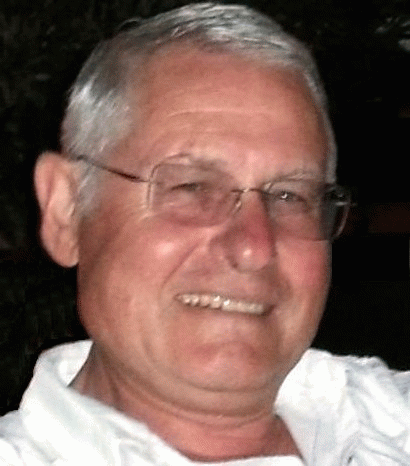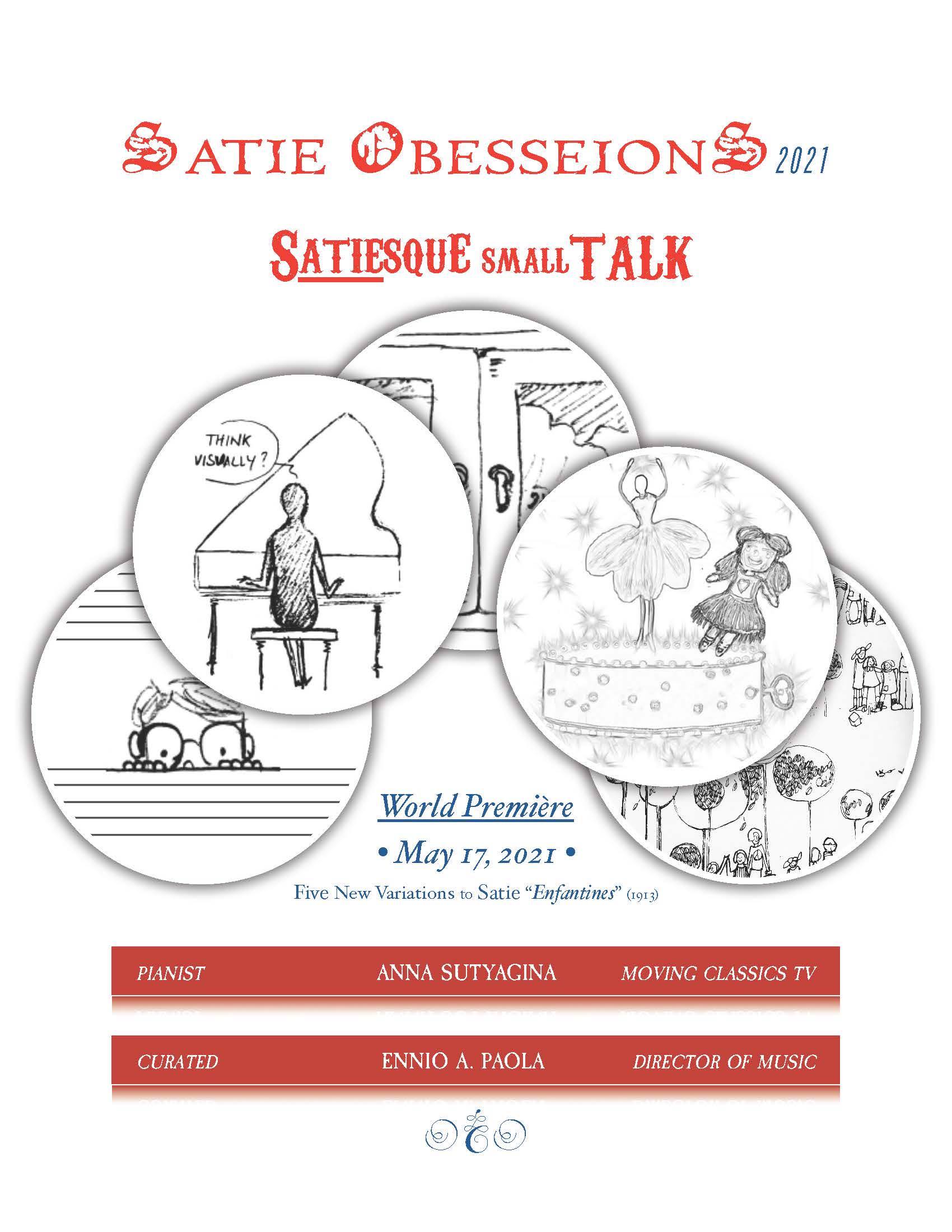About
Jean-Pierre Vial is a French composer, born near Paris, France, in 1946.
While learning the piano and the organ, he composed several “juvenile” pieces for both instruments. More recently, he has composed various pieces for solo instruments, small ensembles, or chamber or symphony orchestras.
He received composition awards for such works as his “Præludium & fuga MMXVIII” for organ, or his chorale “Vor Johann Sebastian, tret ich hiermit” for nyckelharpa ensemble.
His Piano concerto in G minor, recently premiered by the National Philharmonic Orchestra of Moldova (conducted by Mihail Agafiţa, soloist Diana Voroneţcaia) will soon be released on a CD.
His compositions represent about 100 pieces, seven hours and 1,000 pages of music, not including instrumental parts or various transcriptions.

